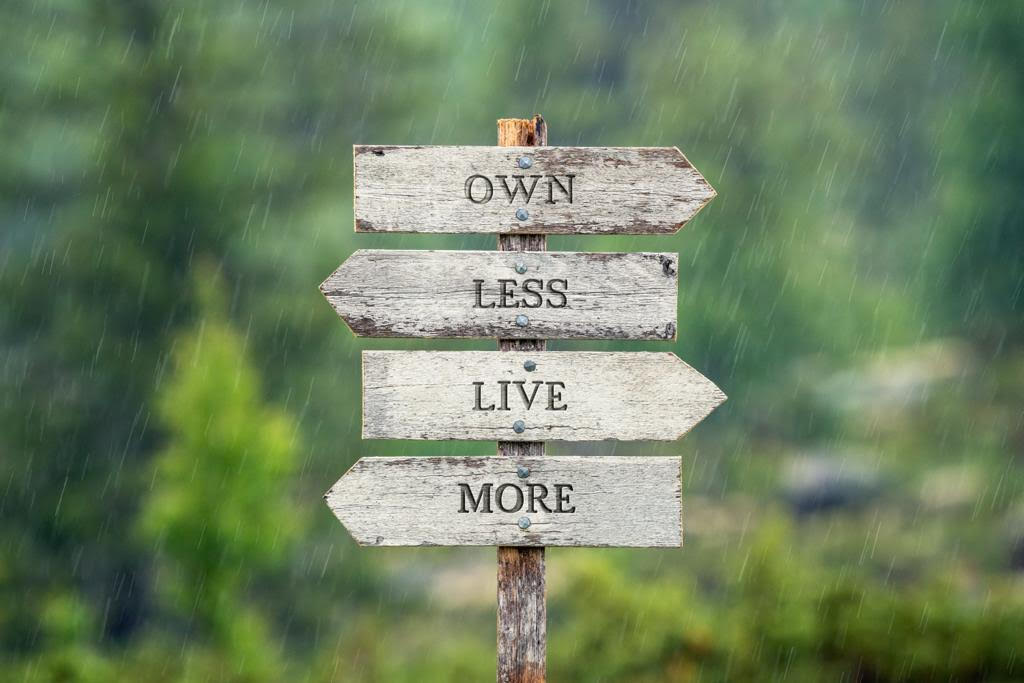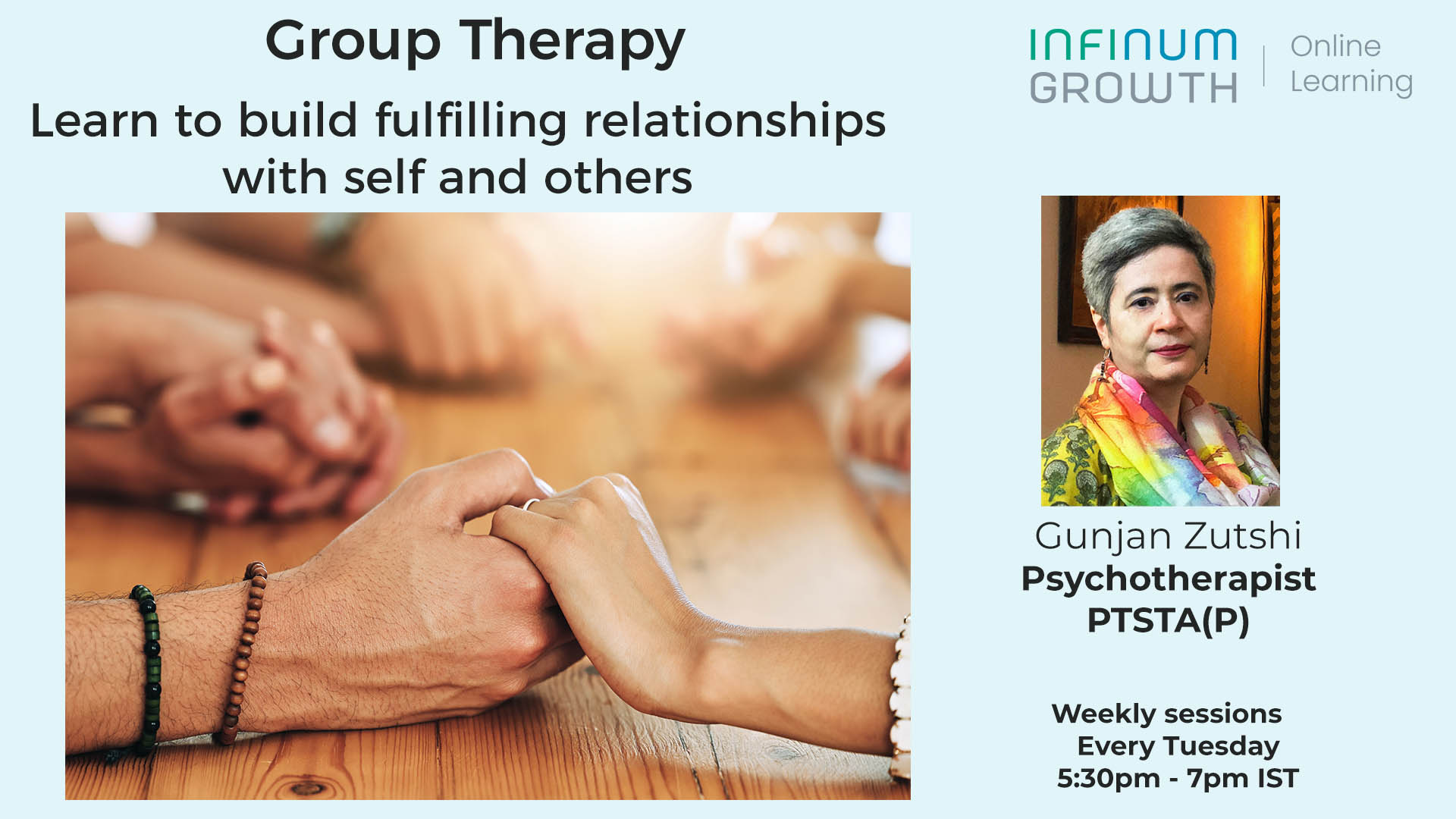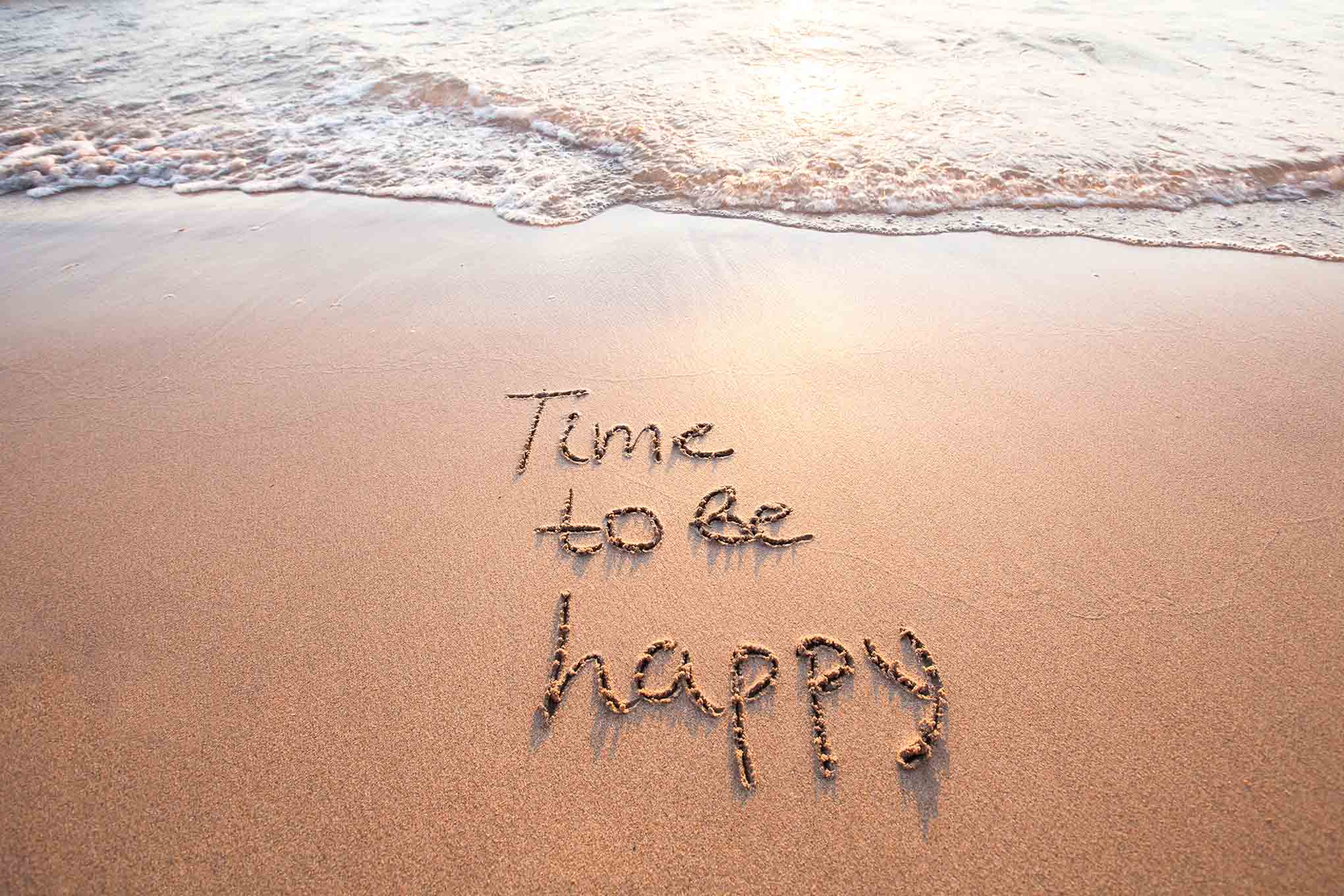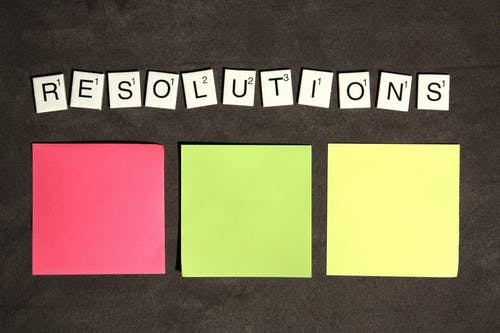The Covid-19 lockdown in March of 2020 sparked a change in me. It took me deeper in to understanding myself. It possibly changed the course of my life. I can imagine you rolling your eyes to that!
Perhaps, you are thinking – “tell me something different!” There is more to this one, trust me.
Changes in life style triggered new thoughts
During Covid, I embarked on a journey of self-awareness, through learning concepts of Transactional Analysis; and the pandemic just intensified the process. I also started my journey towards Minimalism.
My time, in this period, was spent in (1) a brand-new crochet project, (2) gardening, (3) my son’s online Zoom school and (4) the basic chores at home.I barely needed good clothes to wear. But my wardrobe was overflowing and I began questioning my material possessions.
All through the lockdown, I noted details of my wardrobe. I saw clothes that were never worn more than once; and some, waiting to be worn when I lost weight. It held accessories I had not touched for many years; and a multiple number of watches, goggles, cosmetics…
The urge to Declutter and the journey towards Minimalism
I was shocked at first. It helped to lay everything out in the open. It was a reality check for me. I felt a surge to declutter. This is where Minimalism entered.
Slowly, embarrassment set in. I felt overwhelmed about wasting time, money and effort in accumulating things. I was angry and disappointed with myself. A week later, I decided to put an end to my thoughts and move into action. It took a couple of weeks to radically empty my wardrobe. During this time, it was stressful to see my room littered with only my things. The only upside to this was the hope, of it all leaving me in a few days.
Here comes the interesting part. A few weeks post lockdown, I was able to give them all away. Social media came to my help. I held an online yard sale. Every day, I added items for sale. I was surprised that people grabbed them all in minutes!
Decluttering gives a sense of liberation
It felt liberating to let them go; contrary to how I felt while amassing them all – “I will feel terrible letting them go,” “one day I will use it,” “just in case I need it,” or “what will they think if I gave their gift away.”
My family members got curious. I had open conversations with them, during which the “why” to go minimalistic was solidified. I apologised to my partner, as I had used up a lot of his hard-earned money to buy these things.
Decluttering and Minimalism helped me identify signs and behaviours I ignored.
- I realised that clutter made me anxious. I spent too much time cleaning.
- Even though my spaces were clean, I realised I hated cleaning. It was just a to-do-list item.
- I experienced decision fatigue, every time I had to get dressed.
- Maintaining things was a cost I did not factor in, while buying them.
- My smartphone had more shopping apps. I noticed I was wasting time lurking in these apps.
- My mind was constantly scanning advertisements, “what is my next purchase?”
- Going into grocery stores without a list, was the worst thing for me. I would end up buying 30-40% more than my requirement.
- I came back from vacations with unwanted souvenirs, some of which I did not even like.
Although I had decluttered to a large extent, the thought of “Why did I consume so much?” was still bothering me. I spent many nights awake and upset about my hoarding mentality.
It dawned on me, that I had been using retail therapy all along, to plug a hole in my life!
Retail Therapy as an antidote to disconnect with others
I realised it was a pattern I had developed to soothe myself, when I did not understand my emotions. The instant dopamine hit I got was addictive when I used retail therapy, whenever I needed to muzzle some critical voices in my head.
Retail therapy came to my rescue whenever I felt disconnected with people. It provided me some relief for the time being, but it was never permanent. I did not give much thought to what I consumed.
As challenging as it was, decluttering was preparing me to expand my view on something least expected.
Minimalism was not just about decluttering; it was about living with fewer things and not buying them anymore.
Minimalism as a part of the Self Awareness Journey
Here is when two parallel journeys converged into one. Leading a minimalistic life and application of Transactional Analysis concepts to my life led to a path of self-actualization.
Two years have gone by in answering the questions along the way.
- Are you willing to accept your difficult emotions?
- What about the lingering thoughts you chose to ignore but keep resurfacing?
- What about your behaviours that you let others label as troublesome?
- What are the patterns you developed to survive, not serving you to a free and thriving life?
- What are those limiting beliefs you have been carrying through generations? Can you drop them?
- What is enough for you?
- Which parts of yourself have you segmented and disregarded?
- How will you love yourself through all of this?
The two years have been excruciating but in the most rewarding way possible. The most challenging lessons continue to be – unlearning my patterns, dealing with anger and noticing the havoc created by shame in many experiences. In every way, I had the chance to meet myself.
I have travelled a long way from where I began. Minimalism coupled with my learning from Transactional Analysis has been highly rewarding.
Initially, I looked at self-actualization as a destination. But seeing how much of me there is remaining to meet, I understand that it is a beautiful and adventurous voyage.
Here is hoping to meet you more often, along the way, Deepa!
Please do leave your comments at the bottom and do share with others if you like this article.



















Inspired by the reflective questions! Thank you Deepa